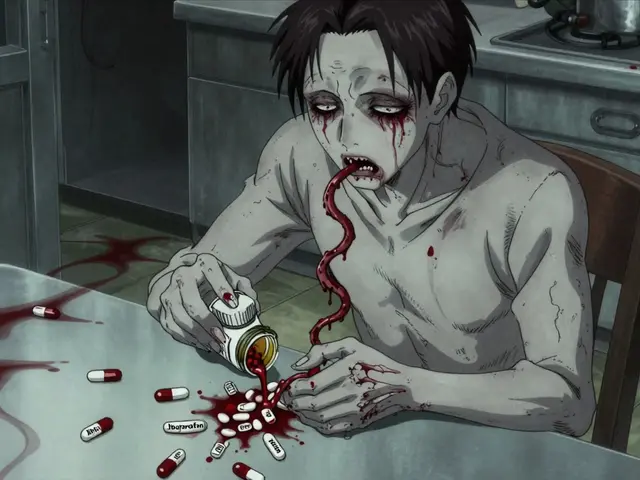Understanding Nutritional Deficiencies: What They Are and Why They Matter
Ever feel constantly tired, get sore muscles, or notice your skin looking dull? Those could be signs of a nutritional deficiency. It simply means your body isn’t getting enough of the vitamins or minerals it needs to work properly. The good news? Most deficiencies can be fixed with a few smart food choices and, when needed, a supplement.
Common Signs That You Might Be Missing Nutrients
Signs vary depending on the missing nutrient, but a few symptoms pop up again and again. Fatigue, hair loss, brittle nails, and frequent infections often point to low iron or vitamin D. Trouble concentrating? That could be a B‑vitamin shortfall. If you’re getting cramping muscles or tingling fingers, magnesium might be low. Keep a short diary of what you feel and when – it helps spot patterns.
Why Deficiencies Happen: Lifestyle and Diet Factors
People develop deficiencies for many reasons. A diet heavy on processed foods can lack fresh fruits, veggies, and whole grains. Some folks avoid dairy or meat and miss out on calcium or iron if they don’t plan replacements. Age, medical conditions, and certain meds can also block nutrient absorption. Even stress can waste nutrients faster than you think.
The easiest way to avoid a deficiency is to aim for a colorful plate. Different colors usually mean different nutrients. Green leafy veggies bring iron and magnesium, orange foods like carrots deliver vitamin A, and bright berries are packed with antioxidants. If you’re vegan or vegetarian, focus on beans, lentils, nuts, and fortified foods to cover gaps.
When food alone isn’t enough, supplements can fill the void. Choose a reputable brand and stick to the recommended dose – more isn’t always better. For example, a daily multivitamin can cover most bases, but if blood tests show low vitamin D, a targeted high‑dose supplement is often prescribed.
Testing is simple. A basic blood panel can reveal iron, vitamin B12, vitamin D, and other key levels. Talk to your doctor if you notice persistent symptoms; they can order the right tests and suggest the right treatment plan.
Fixing a deficiency doesn’t require a complete diet overhaul. Small swaps work wonders: add a handful of nuts to oatmeal, replace a sugary snack with an apple, or drink a glass of fortified plant milk instead of soda. These tweaks add up quickly and keep you feeling more energetic.
Remember, your body constantly balances nutrients, so catching a deficiency early prevents bigger problems down the road. Keep an eye on your diet, listen to your body, and don’t hesitate to get a quick blood check if something feels off. With a bit of awareness, you can stay on top of your nutrition and feel better every day.

Menopause Hair Loss: Causes, Treatments & Solutions
Explore why menopause triggers hair loss, the hormonal and nutritional factors involved, and proven treatments to restore fuller hair.




